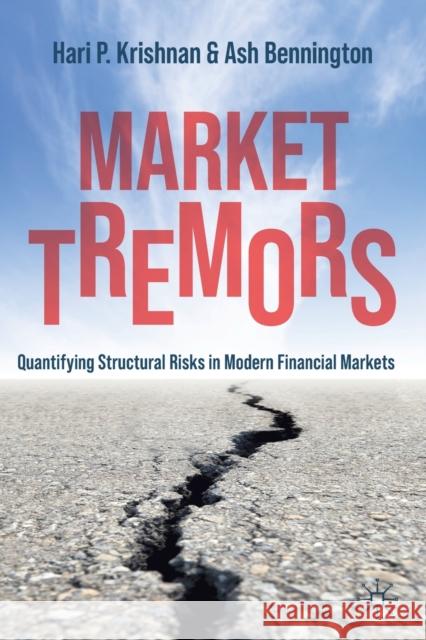Market Tremors: Quantifying Structural Risks in Modern Financial Markets » książka
topmenu
Market Tremors: Quantifying Structural Risks in Modern Financial Markets
ISBN-13: 9783030792527 / Angielski / Miękka / 2021 / 250 str.
Kategorie:
Kategorie BISAC:
Wydawca:
Springer Nature Switzerland AG
Język:
Angielski
ISBN-13:
9783030792527
Rok wydania:
2021
Wydanie:
2021
Ilość stron:
250
Waga:
0.37 kg
Wymiary:
23.39 x 15.6 x 1.42
Oprawa:
Miękka
Wolumenów:
01
Dodatkowe informacje:
Wydanie ilustrowane











